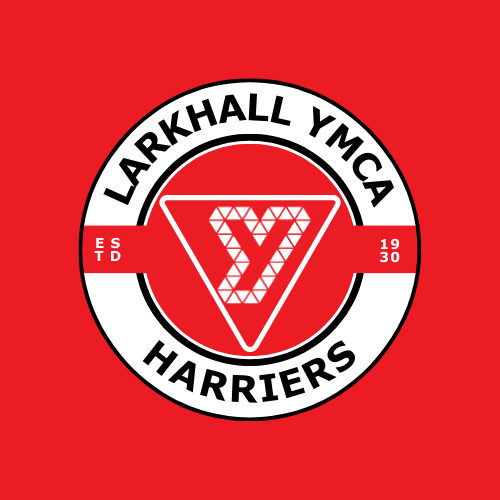I think my child is about to start their period.
The average age for starting your period in the UK is 12, but many people will start as young as 8 or 9, as old as 15 or 16. Everyone is different, but it’s a good idea to talk to your child sooner rather than later.
Don’t wait for the perfect moment – there isn’t one. And don’t save everything up for one big chat.
It’s much easier to talk about difficult topics early and often. If periods come up in conversation naturally – maybe you’re in the shop picking up tampons, or watching a movie which makes a reference to PMS – take the chance to chat. You don’t need to cover everything in one go and it will help to repeat the conversation a few times over the years.
As a rough guide, most schools cover periods and puberty when kids are in their last two years of primary school (so aged 10/11). For many girls, this will be TOO LATE. 15% of girls don’t know what’s happening when they start their period – which is scary. If your daughter is 8, it would be worth starting the conversation.
Once other puberty signs have been there for a few months it's a good idea to ensure they have some pads and spare pants in their schoolbag just in case, and that they know where to find them in the house.
Further Resources:

